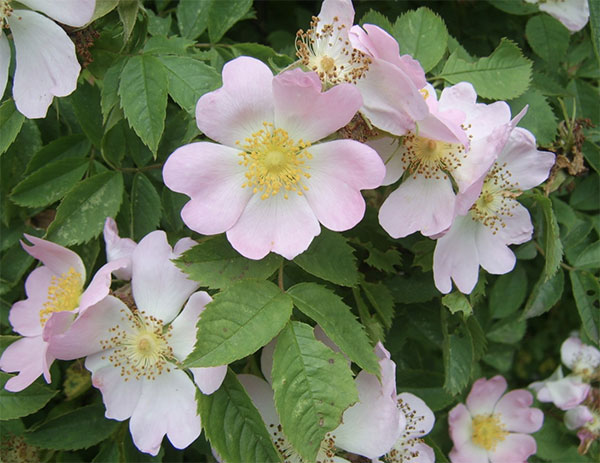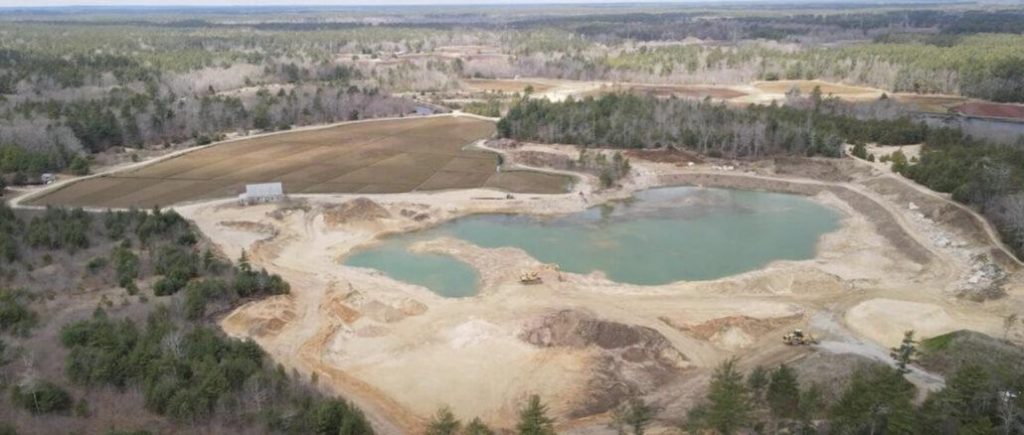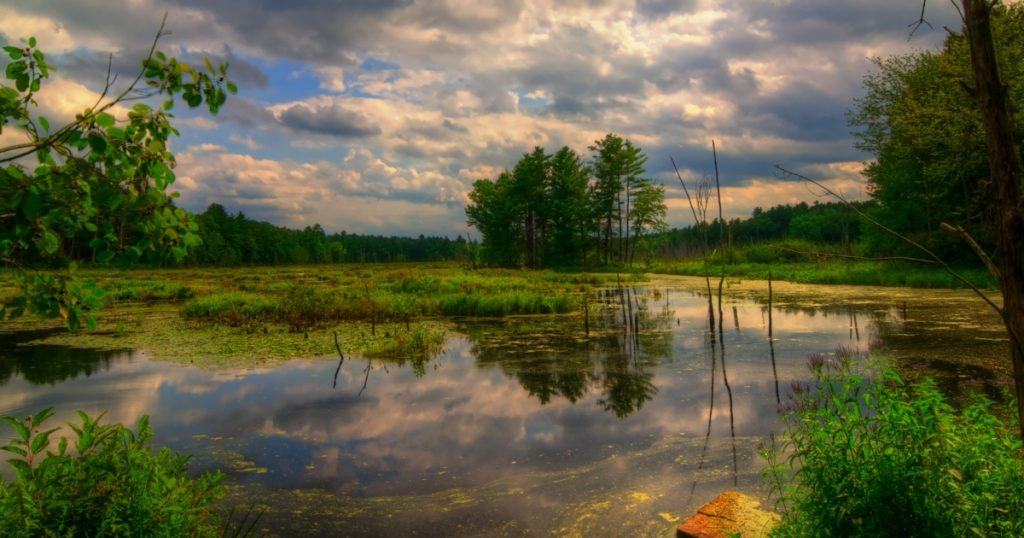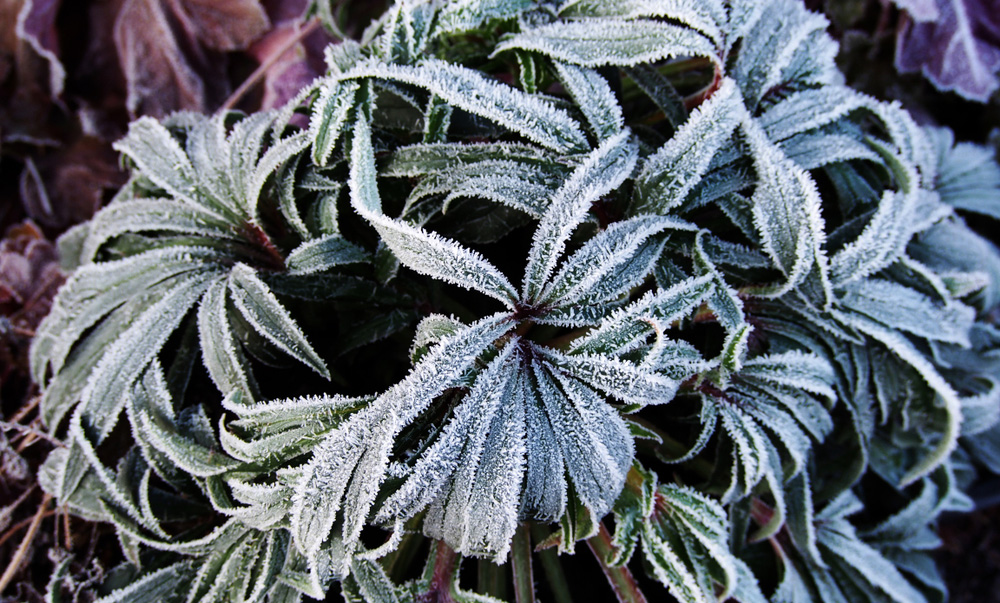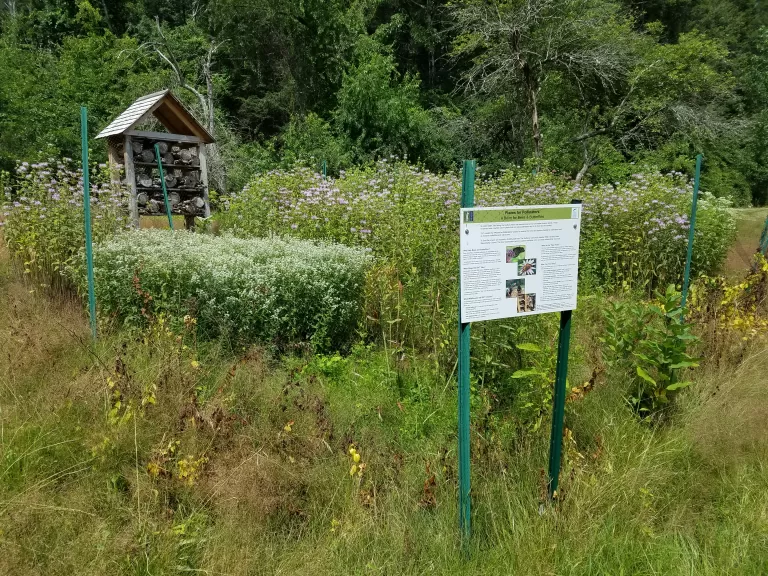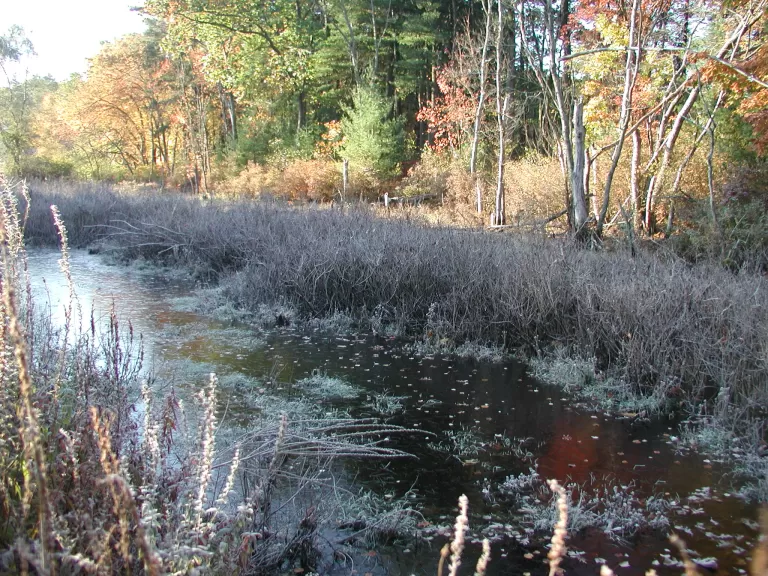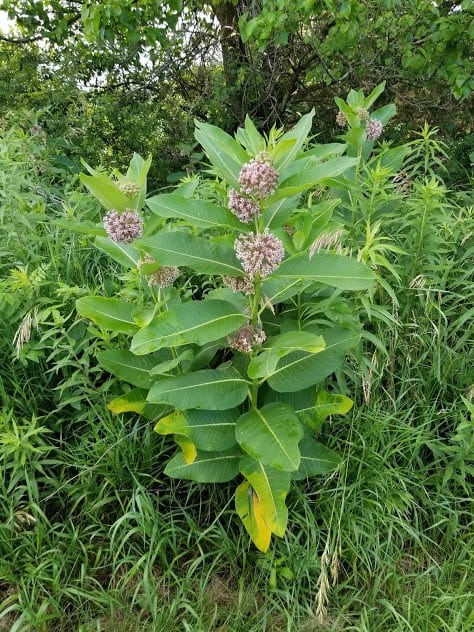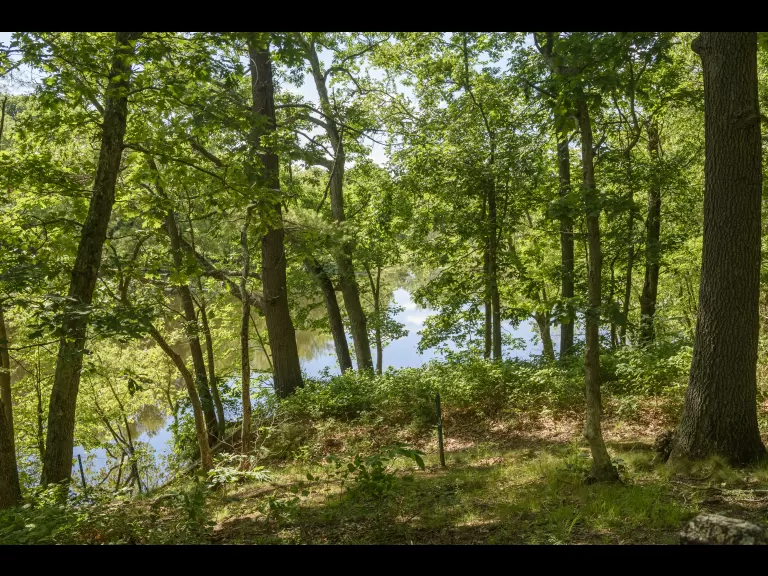Thursday, June 6, 5:30 pm – 8:30 pm Eastern – New England Roses, Online
Our native New England roses have charming fragrant blossoms that attract a wide range of pollinators, while their spiny thickets provide important wildlife habitat. These hardy shrubs grow in a wide range of habitats and are great additions to flower gardens. Learn to identify Virginia rose (Rosa virginiana) pictured below, Carolina rose (R. carolina), swamp rose (R. palustris), bristly rose (R. acicularis), and shining rose (R. nitida), several non-native species, and the invasive multiflora rose (R. multiflora). Dubbed “the queen of flowers,” roses are perhaps the most recognizable of blooms. Several rose species are native to New England. Many more are introduced and naturalized and have become a familiar part of our landscape. Their beautiful scented blossoms are popular with pollinators, spiny thickets provide important habitat for wildlife, and hardy shrubs and ramblers are prized by gardeners. Learn to distinguish native species, common naturalized species, and the invasive multiflora rose, and become familiar with their habitats.This Native Plant Trust class takes place June 6 at 5:30 pm with instructor Neela de Zoysa, online. NPT members $51, nonmembers $60. Register at http://www.nativeplanttrust.org/events/new-england-roses/
